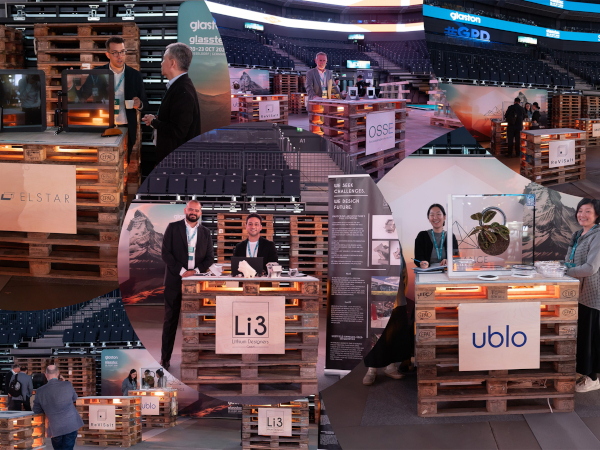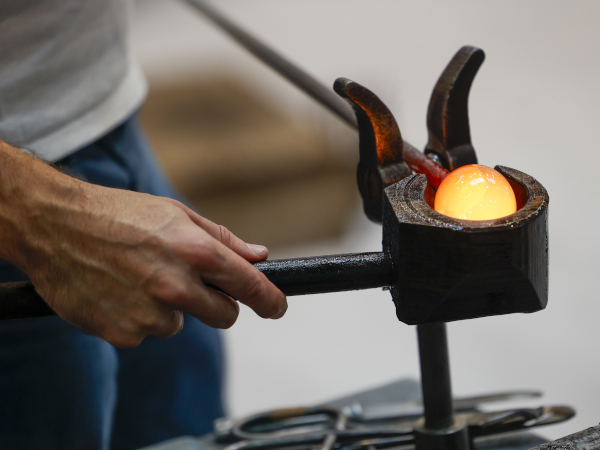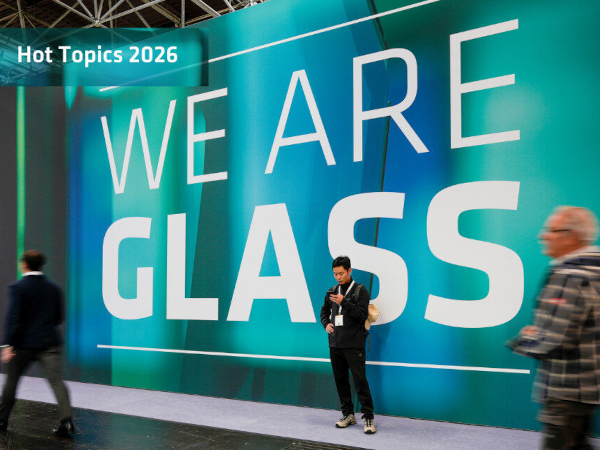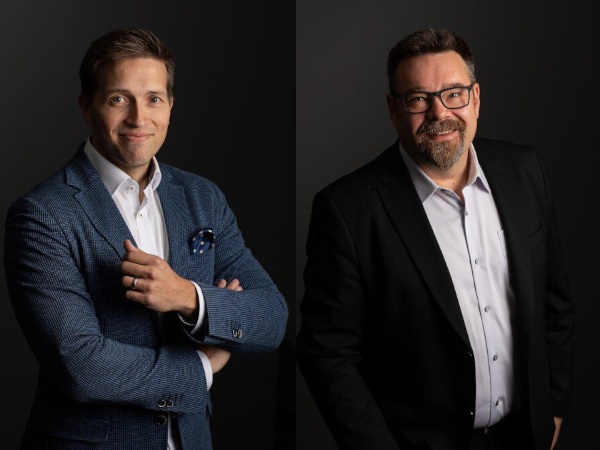Date: 30 September 2004
The Tactylit® materials are made up of thermostables, non-aggressive towards glass and with polymineral resins impregnated fibres.
An ideal performance for thermal requirement met in glass-making :
- Over 500°C temperature resistance
- Non-flammable material No poison gaz emission
- No oxidation thanks to chemical nature of the polymineral resins
- Thermal-shock resistance
Mechanical properties adapted to intensive industrial use:
- The fibre makes the material mechanically resistant
- High abrasive resistance
- Machinable materials
Specific properties for glassmaking industry:
- Good resistance to greases and lubricants
- No marking of glass items
Finally, the Tactylit® does not contain carcinogenic or toxic parts.
So as to meet the glass makers specifications, there is a range of Tactylit® products.
These different compositions can be used as take-out inserts, dead plates, sweep-out insert, transfer elements, stacker bars, annealing plate, and all kind of applications including contact or handling hot glass.
The Tactylit® materials are available in 1 to 60 mm thick plates. Moreover it can be moulded or moulded from a casting, thus used as an already shaped product.
Pyromeral Systems proposes a comprehensive range of textile (woven and non-woven fabrics) composed with thin stainless steel fibres.







Add new comment